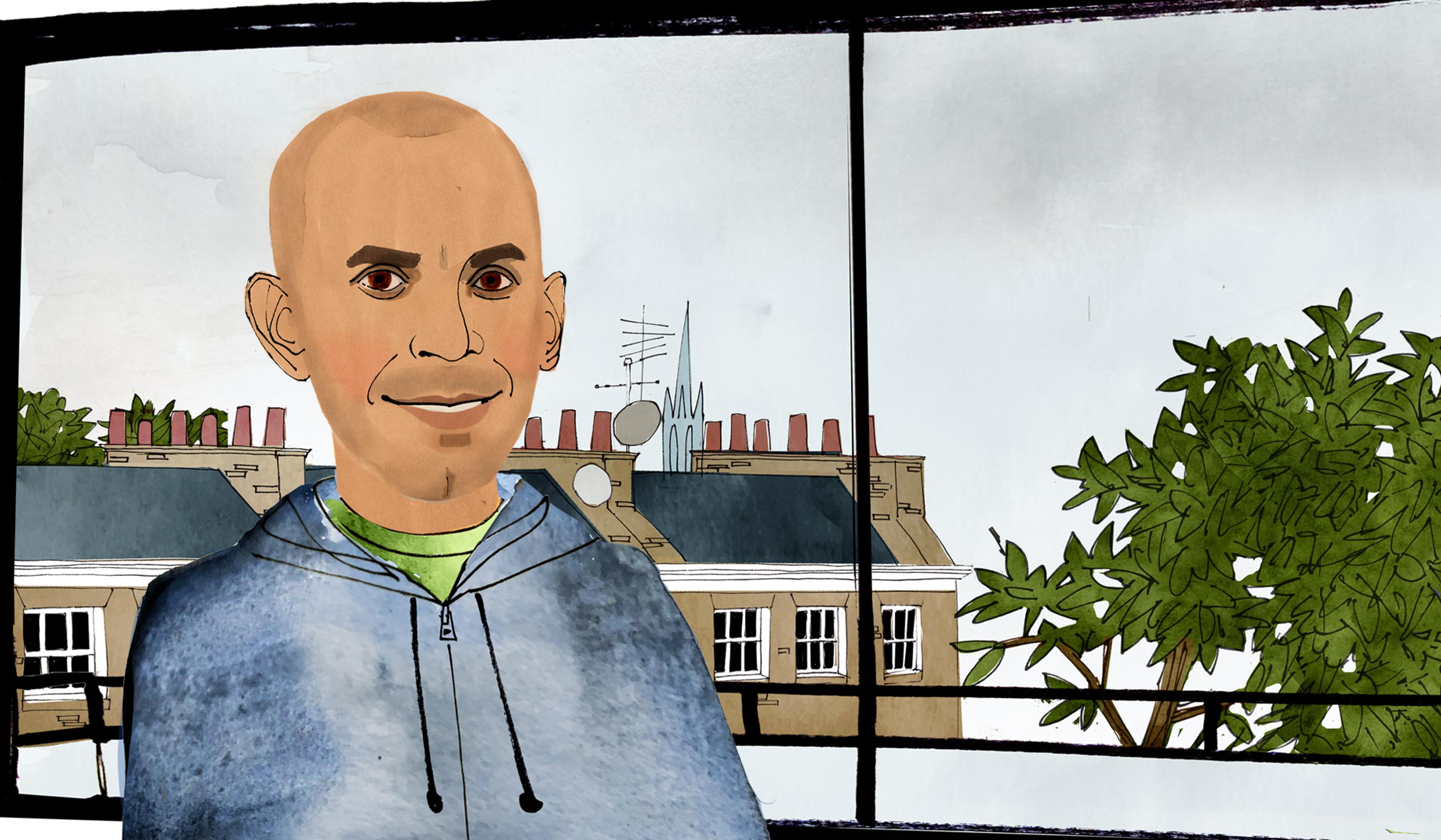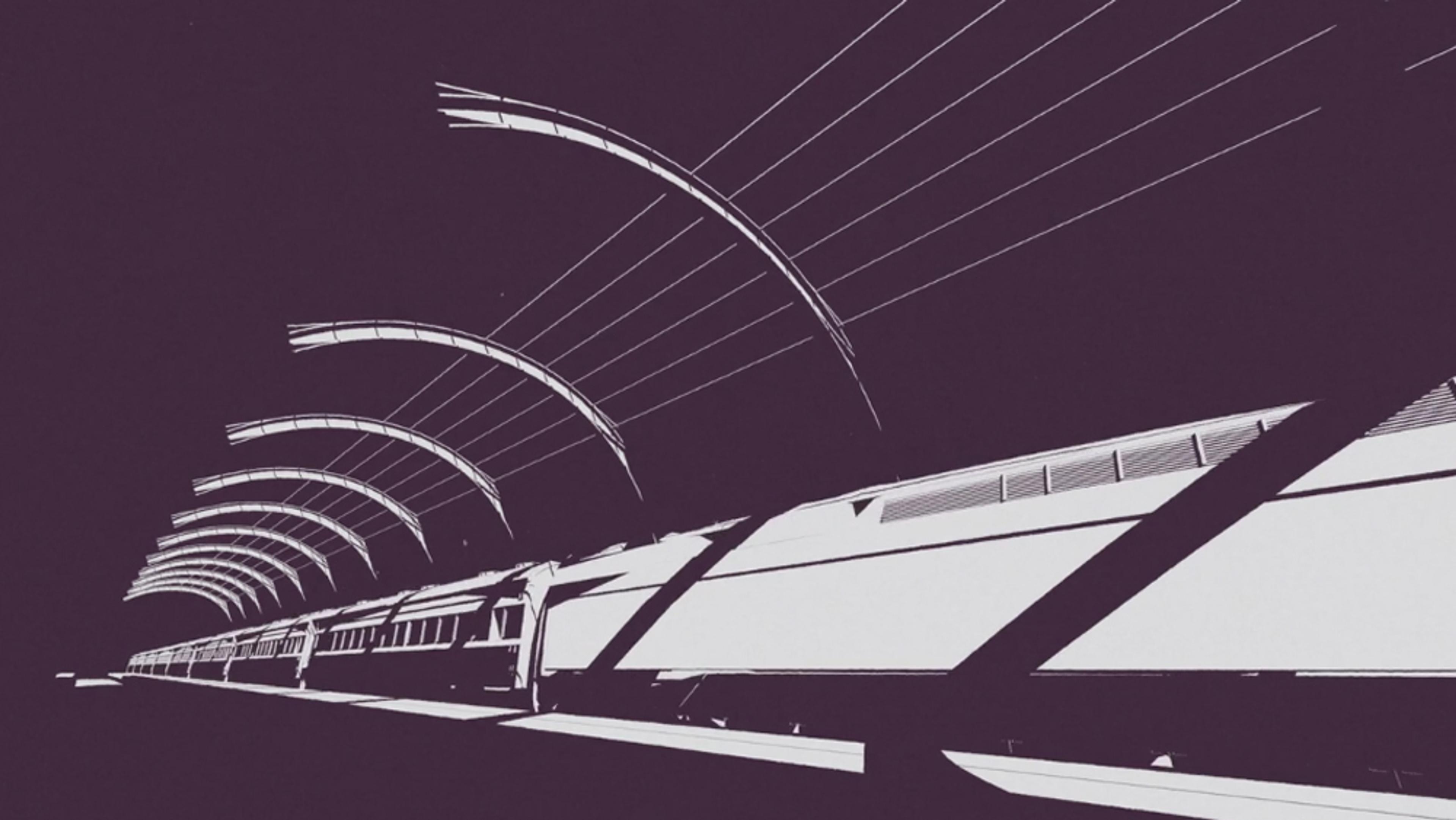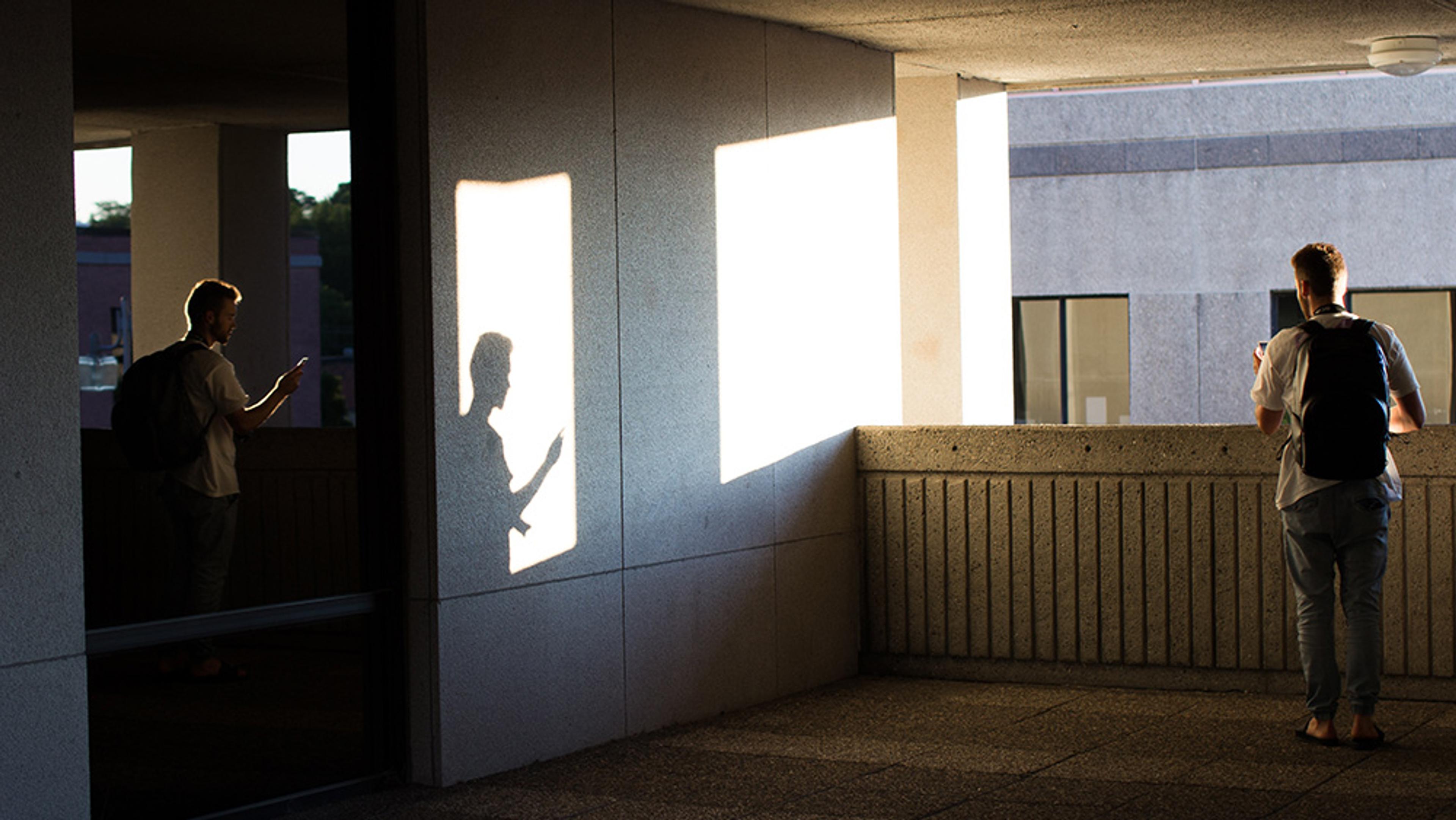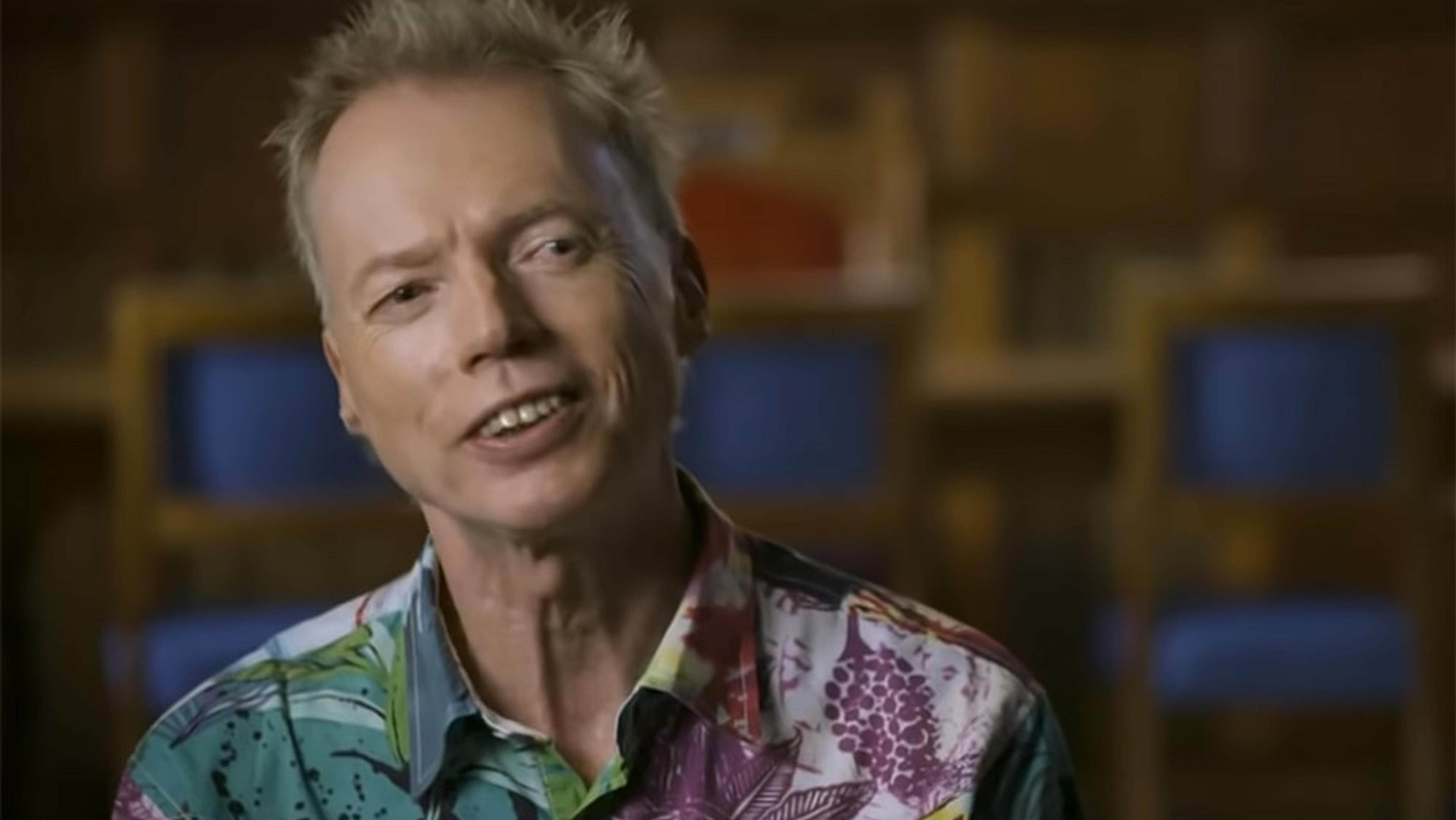The virtual reality (VR) industry is currently in its infancy, but in just a few decades it’s possible that virtual environments will be nearly indistinguishable from reality. Along with transforming everyday life, a VR revolution could fundamentally change how we understand and define what is real. In this instalment of Aeon’s In Sight series, the renowned Australian philosopher and cognitive scientist David Chalmers considers how VR is reframing and shedding new light on some of philosophy’s most enduring questions about cognition, epistemology and the nature of reality.
New realities are imminent: how VR reframes big questions in philosophy

videoPhilosophy of mind
Anil Seth on why our senses are fine-tuned for utility, not for ‘reality’
10 minutes
videoTechnology and the self
Elves and wizards go to work: a day in the life of online role-playing devotees
4 minutes

videoNeuroscience
How perception leaves the door open for augmented reality to transform our world
4 minutes

videoNeuroscience
Aristotle was wrong and so are we: there are far more than five senses
6 minutes

videoPhilosophy of mind
‘Minds have always been outside themselves’: Raymond Tallis on extended cognition
9 minutes

videoConsciousness and altered states
It’s impossible to see the world as it is, argues a cognitive neuroscientist
40 minutes

videoPhilosophy of mind
Your body is scanned, destroyed, then reproduced. Do ‘you’ live on the copy?
13 minutes

videoCognition and intelligence
Leaping from firing neurons to human behaviour is tempting, but it’s a perilous gap
3 minutes

videoKnowledge
Can you know everything about colour if you see in black and white? A thought experiment
5 minutes